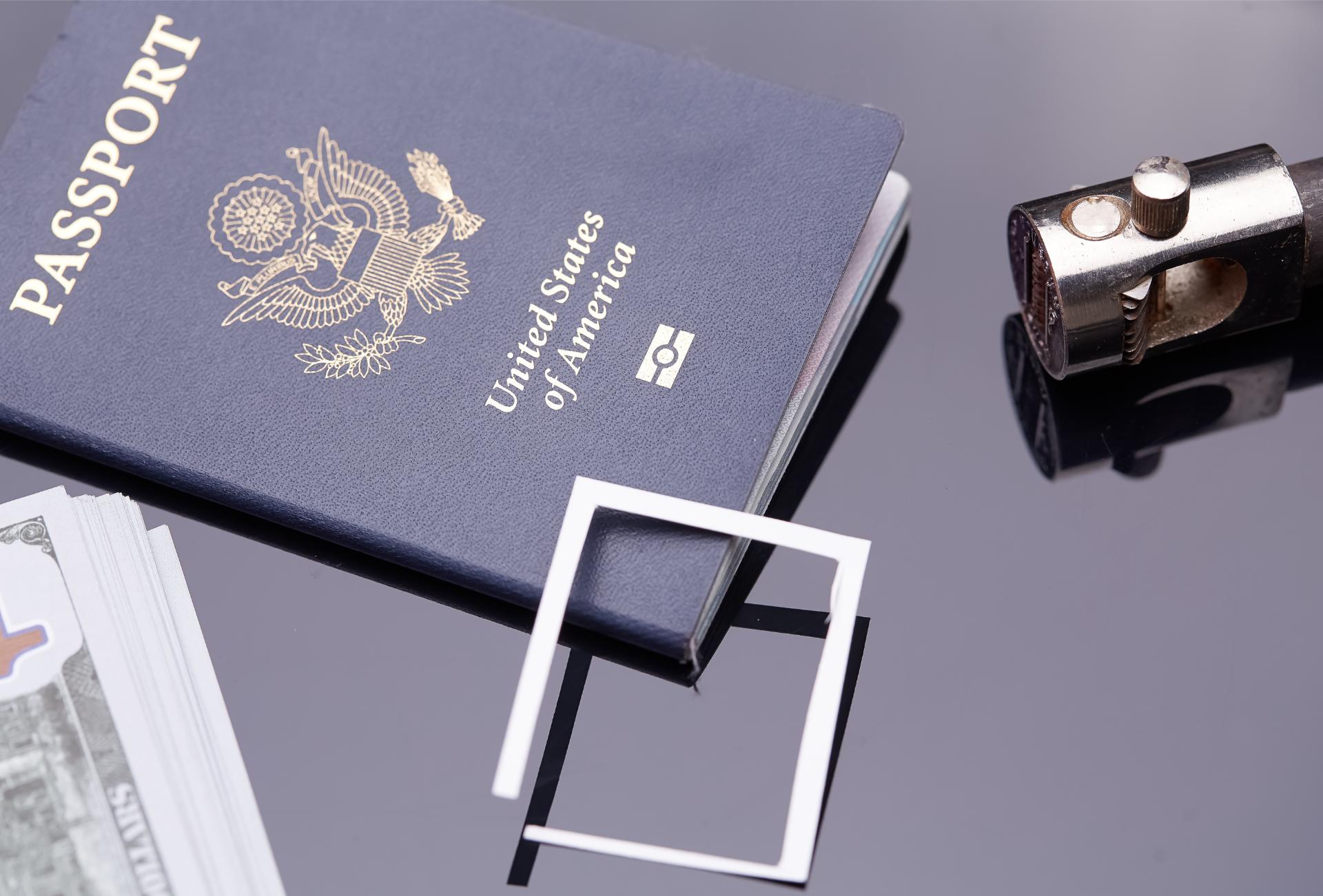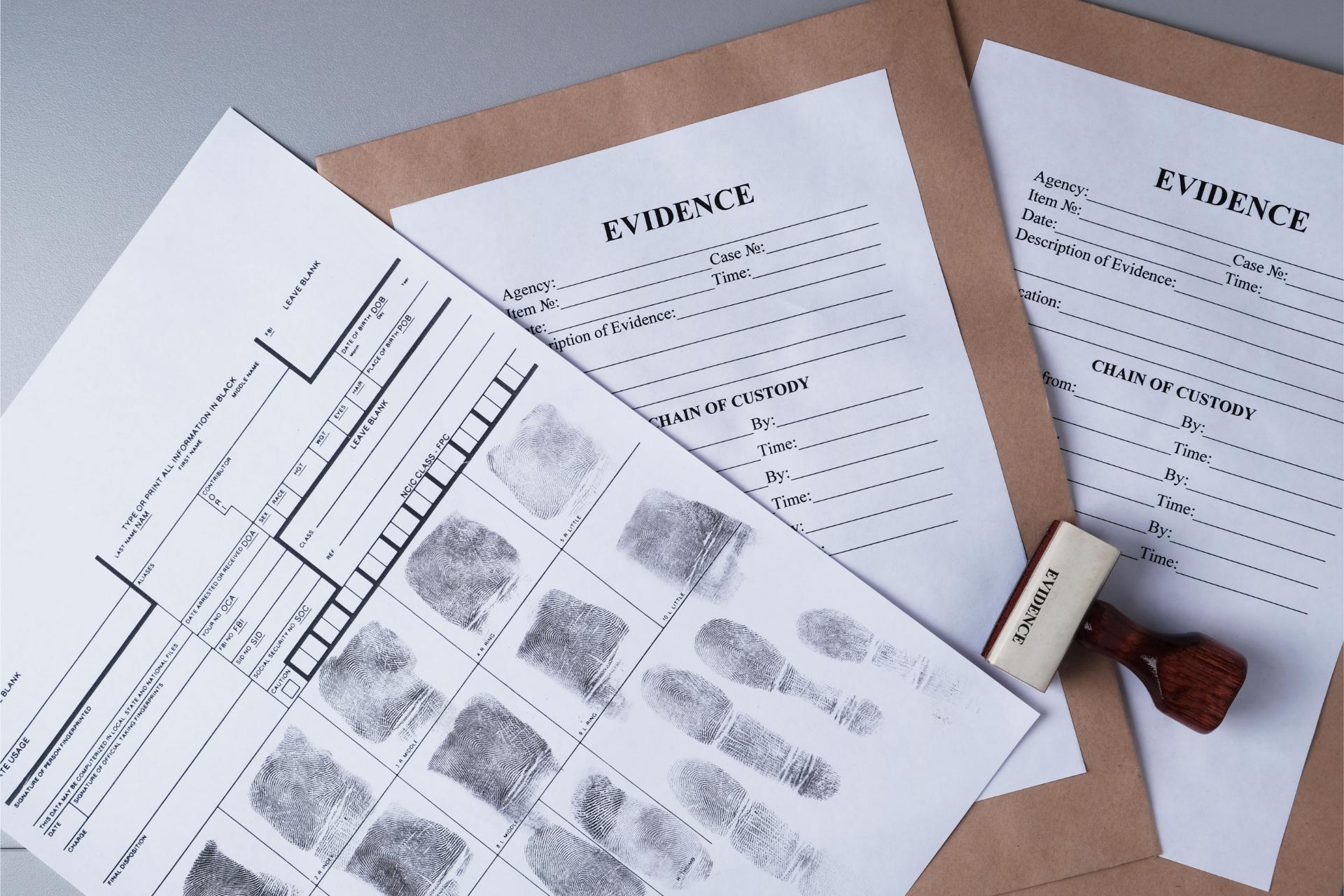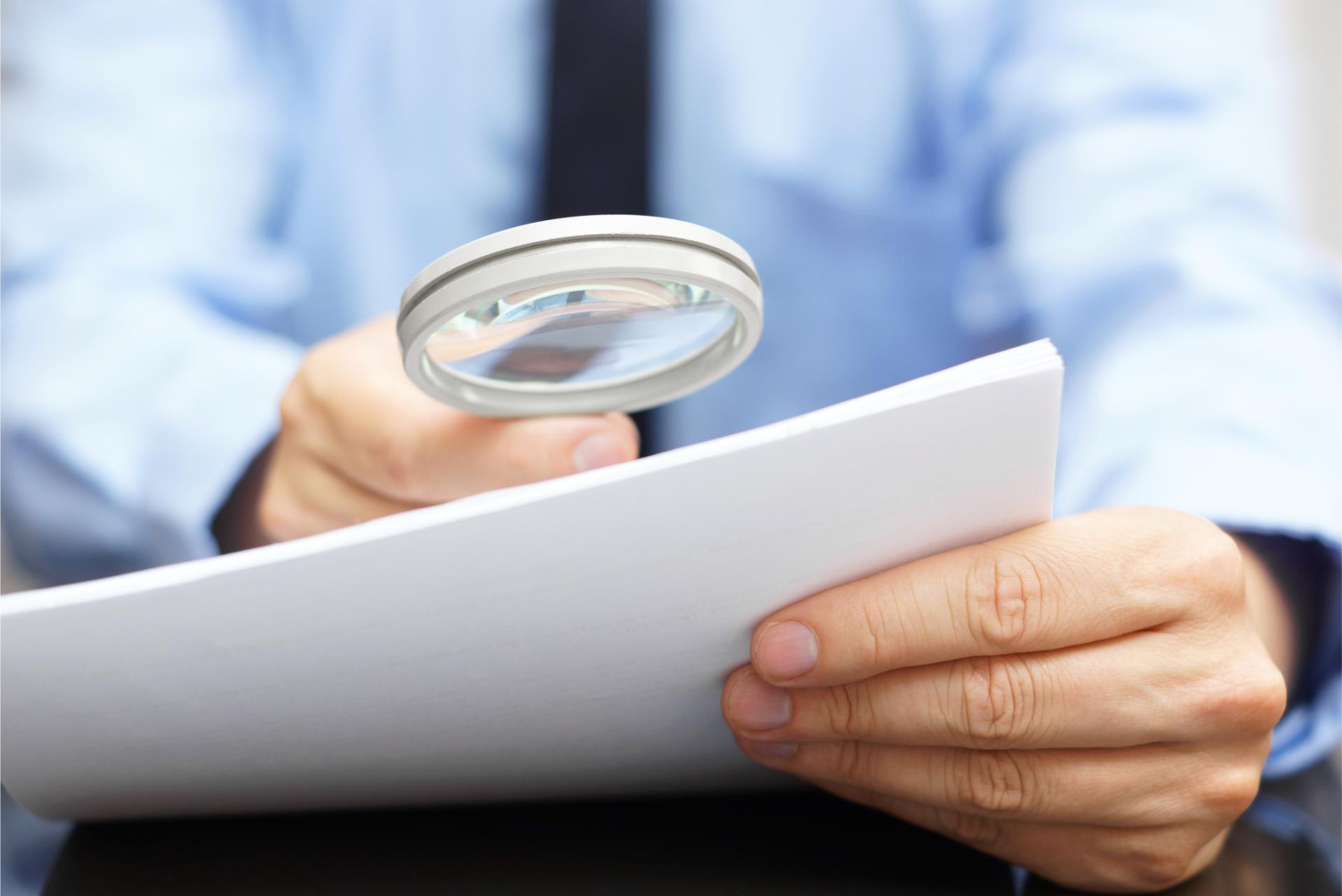If someone told you falsifying documents was no big deal, they were wrong. It can get you into serious trouble fast. If you’ve been accused or you’re worried about what counts as a crime here, you’re in the right place.
- Falsifying documents can be either a misdemeanor or a felony, depending on what you did and why.
- Some types of forged documents carry harsher criminal penalties.
- You can defend yourself with the help of a criminal defense attorney if you’re falsely accused.
- Proving intent to defraud is a key part of these cases.
- State laws vary, so penalties and defenses depend on where you are.

What Counts as Falsifying Documents?
Not every mistake on paperwork is a crime. But falsification of documents happens when you knowingly change, create, or use a document with the intent to deceive someone. It’s considered a type of white collar crime, often tied to fraud, forgery, or false reporting.
Some common examples include:
- Altering dates or amounts on business records to hide losses.
- Submitting false statements on a loan application.
- Creating a false document like a fake medical note or fake ID.
- Forging signatures on contracts or checks.
- Making a false entry in official records to benefit yourself.
It doesn’t even have to be about money. Even a forged school transcript or fake government form can count if you intended to trick someone into believing it was real. The type of document matters too — falsifying a government record is often treated more seriously than a personal note.
Is Falsifying Documents a Felony Crime?
So, is falsifying documents a felony? That depends on the document, the amount of harm caused, and your intent. In many cases, it can be a felony, especially if you forged official records, caused significant financial loss, or tried to scam a government agency.
For example:
- Creating or using a fake driver’s license can carry felony charges.
- Changing numbers on tax returns can be a felony.
- Falsely altering property deeds is almost always a felony.
But sometimes it’s a misdemeanor instead. If the falsehood is minor and didn’t hurt anyone financially, it might carry lighter penalties. Keep in mind, though, that even a misdemeanor can still mean jail time, fines, and a criminal record.
Penalties for Falsifying Documents
If you’re found guilty of falsifying, you’re looking at some pretty steep consequences. Criminal penalties vary depending on your state’s laws, but here’s what’s typically at stake:
- Jail or prison time — from a few months to several years for a felony.
- Fines — sometimes thousands of dollars.
- Probation and restitution if someone suffered a loss.
- A permanent criminal record can hurt job prospects.
Some states have specific penalties for falsifying documents related to public records or court documents.
Those are usually harsher than for private documents. Also, law enforcement often treats crimes that involve an intent to defraud more seriously than a simple mistake.
Even something like altering a date on a form might seem harmless, but it can still violate state laws if done knowingly. The bigger the fraud or the more official the document, the bigger the punishment.
Common Defenses to Forged Documents Charges
If you’ve been accused of using or creating forged documents, don’t panic — there are defenses you can use. Working with an experienced criminal defense attorney can help you figure out the best strategy.
Some possible defenses include:
- No intent to defraud — You made a mistake or didn’t realize the document was false.
- Lack of knowledge — You didn’t know the documents in question were altered or fake.
- Duress — Someone forced you to falsify or use the false document.
- Insufficient evidence — Prosecutors can’t prove beyond a reasonable doubt that you falsified anything.
Prosecutors need to show you had the intent to deceive. If you can show you didn’t have that intent, the charges may not stick.
What to Do If You’re Accused of Falsifying Documents
Getting accused of falsification of documents can feel overwhelming, but you have options. The worst thing you can do is ignore it or try to explain yourself to police without help.
Here’s what to do:
- Don’t talk to law enforcement without your lawyer present.
- Gather any paperwork that shows your side of the story.
- Contact a criminal defense lawyer as soon as possible.
- Stay off social media — anything you post can be used against you.
- Follow your lawyer’s advice and keep detailed records of everything.
It’s tempting to think you can explain it away, but prosecutors will use your own words against you if you’re not careful. Having the right legal help can make all the difference between a conviction and having the case dropped.
Protect Yourself If You’re Facing Charges
Falsifying documents isn’t something you want to handle alone. The stakes are high, and a conviction can follow you for life. If you’ve been accused, work with a trusted criminal defense attorney who knows the law in your state and can protect your rights.
Take action right away — the sooner you get help, the better your chances of resolving the case on the best terms possible.
References
- (n.d.). What is the penalty for falsifying documents?
- (n.d.). Forgery laws: Overview and penalties.
- Central PA Criminal Defense. (n.d.). Document falsification: What you need to know.
- Shouse Law Group. (n.d.). California Penal Code 115 PC – Filing false documents.
- Masterson Hall. (n.d.). Falsifying documents under Colorado criminal law.
FAQs on Falsifying Documents
Is falsifying a document always a felony?
No. Sometimes it’s a misdemeanor, especially if the harm caused is small and the document isn’t official. But if you forged something serious, like a public record or financial statement, it’s more likely to be treated as a felony.
Can I go to jail for changing a date on a form?
Yes, you can — if you changed it on purpose to deceive someone, that’s a crime. Even something that seems minor, like changing a date, can violate the law if it was done with intent to defraud.
What if I didn’t know the document was fake?
If you genuinely didn’t know the document you used was false, that can be a valid defense. The law usually requires that you knowingly use or create a false document to be guilty of falsifying.




